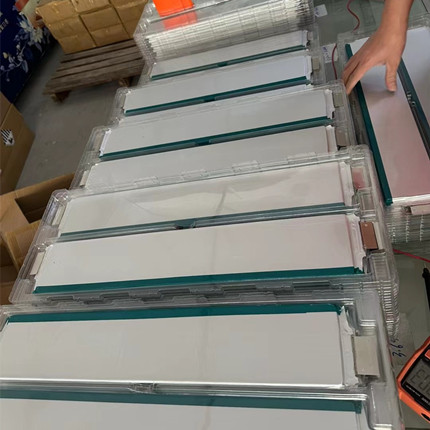Chinese researchers from Tianjin University’s school of materials science have reportedly developed a new lithium metal battery with an energy density of 600 Wh/kg. If claims are true, this would make the battery around twice the density of Tesla’s best batteries (about 300 Wh/kg) or 4 times that of BYD’s Blade (150 Wh/kg) battery packs.
Such a battery should enable future electric vehicles to have a range between twice and four times the current range while also saving a lot of weight. It would also open the door for better performance and efficiency.It could also provide interesting possibilities for other forms of transport, like electric aircraft.
At present, a serious bottleneck in lithium metal batteries is usually the electrolyte (the medium through which lithium ions travel). Old designs struggle to balance things like high energy density (lots of power stored) with cycle life (lasting through many charges) and safety (not catching fire / breaking down).

Rethinking the way lithium batteries work
To overcome these shortfalls, the team was able to break the “traditional solvation structure.” Normally, each lithium ion has a specific arrangement of solvent molecules around it, but, instead, they made this structure more non-localised, so the ion interacts more flexibly.
The team also used machine learning to test lithium salts and solvents computationally to find the best combinations. They also added fluorine, which, they claim, gives the electrolyte high thermal stability (resists fire, freezing, nail punctures, etc.).
The electrolyte also doesn’t ignite under open flame, and can pass nail penetration tests (normally catastrophic for lithium batteries). They also found that it had stable performance even after 90 charge cycles (though this is still low compared to thousands of cycles in EV-grade batteries).
The battery was tested on drones, proving it was able to extend flight time by 2.8 times. It was also able to safely survive 25 full pack cycles without any noticeable instability or degradation.